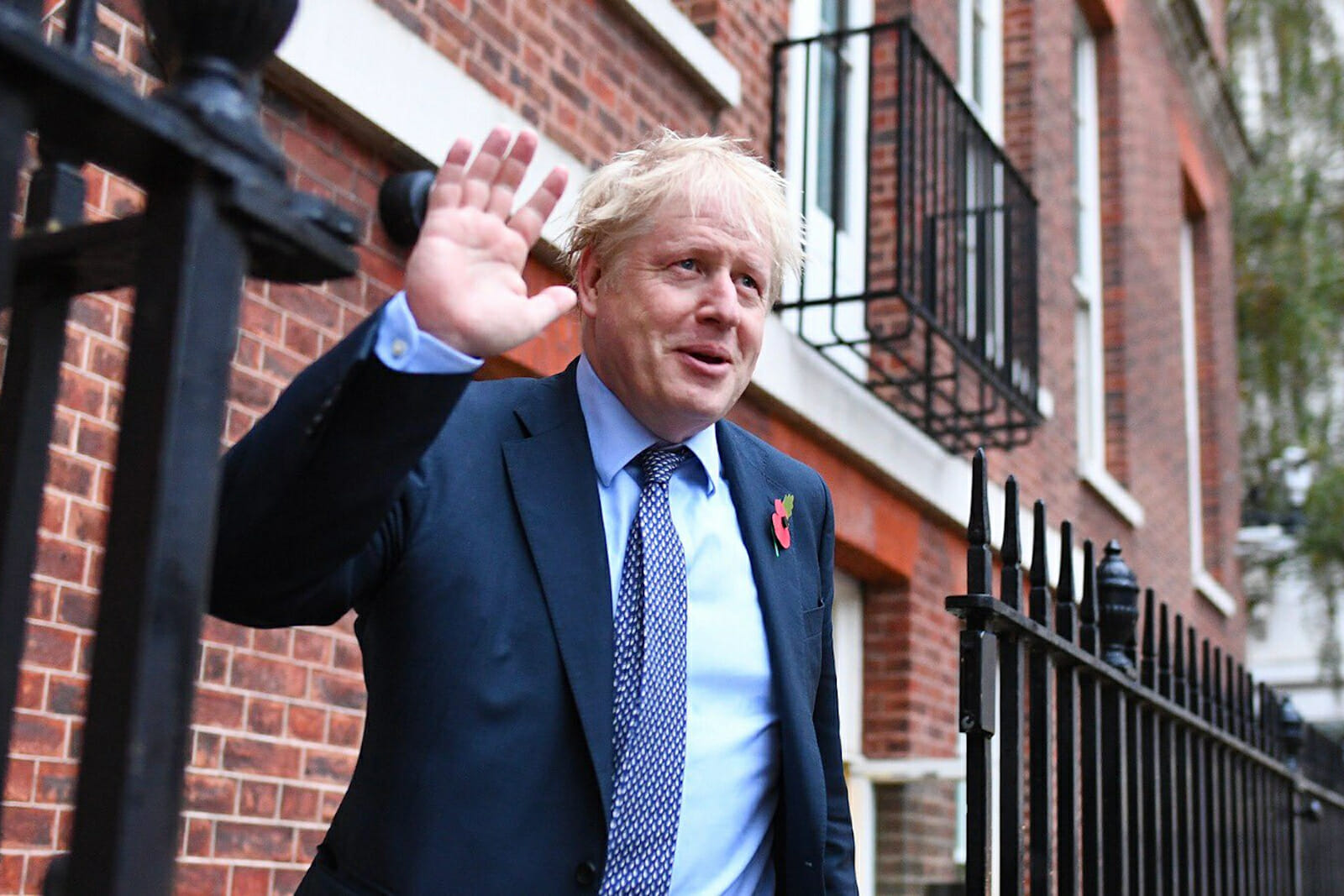
Russian Connections in Albion: The ISC Report
The UK election campaign has kicked off, and merrily confused are the major candidates. The chaotic scene was made a touch more interesting with the refusal on the part of UK Prime Minister Boris Johnson to clear the release of a report by the intelligence and security committee on claimed Russian interference in British politics.
This did not impress the committee’s chairman Dominic Grieve, the Labour Party, and the Scottish National Party. Shadow foreign secretary Emily Thornbury, speaking in the Commons on Tuesday, wondered what the government had “to hide.” In the absence of an explanation, the suggestion was that No. 10 was cooking something smelly, and behind well-sealed doors.
News outlets have been left to speculate about the delay. The suggestion that the findings could damage the Conservatives is top of the list. “We know the report looks at a wide range of Russian activity – ranging from traditional espionage to subversion – and not just in the UK,” suggests Gordon Corera of the BBC. We also know that the report draws from figures within the intelligence community – MI5, MI6, GCHQ – and a number of selected experts.
But the scale of such interference, in terms of cyber infiltration and electoral meddling, has been questioned. This has not filled such individuals as Paddy McGuinness, former deputy national security adviser, with much confidence. Reforms in terms of transparency and the handling of data by political parties, he insists, should be of utmost importance.
One hypothesis doing the Whitehall crawl is the idea that the Kremlin has its paws over various notable Conservatives. This point was already being made last year when it was revealed that Sergey Nabolin of the Russian embassy had been keeping company with members of cabinet at London’s Hurlingham Club in 2014 at one of those rather expensive shindigs. (Nabolin, it had been noted, had gone so far as to call Johnson “our good friend.”) The next year, Nabolin’s diplomatic visa was revoked. Much handwringing ensued.
The exploits of Nabolin were noted by Paul Staines in The Spectator. He networked vigorously – though that could hardly be held against a person from the embassy, whose job it is to find the places, the spots, and the pulses of life in the host country. But the Hurlingham Club was another matter. “The security is extremely tight, and the guest list closely vetted, because guests mingle with the PM and cabinet ministers.” There was an unmistakable sense that Russian money was washing through, and that the link with the Conservatives was but one element of the entire picture.
The Sunday Times has made the claim that nine Russian business people who have donated money to the Conservative Party have been named in the ISC document. These include Alexander Temerko, whose previous employment includes a stint in the Kremlin’s defence ministry. Over the last seven years, his wallet has brought forth some £1.2 million for the Conservatives.
Johnson, it must be said, has also enjoyed himself at various gatherings with Russians of note. While flying the British flag as foreign secretary, he spent time at an Italian villa with Evgeny Lebedev playing host. This might not have seemed that strange: Johnson had been an editor of The Spectator magazine; Lebedev runs the Evening Standard. But this has not stopped the tittering. The obvious point here is that politicians, notably the foreign minister, are bound to do this sort of thing, though post-2016 politics is filled with association and innuendo. To meet is to be complicit.
Johnson’s senior advisor, Dominic Cummings, has also made it into the ring of speculation. Between 1994 and 1997, he spent time in Russia, though not much is known of his stint. Nothing to get too excited about, but the point has drawn Thornbury’s interest, who has pressed the government with certain queries by letter. “I would assume that – given the seniority of his position and the influence it gives him over decision-making at the top of government – that he was subject to the highest level of developed vetting (DV) and that – as a result – he is able to study ‘top secret’ intelligence and attend meetings on the UK’s military and security operations overseas.” If history is an aid to anything in this regard, such vetting processes are bound to count for little: class and education speak volumes, substance, less so. (The quibbler is bound to suggest that Oxford doesn’t do a good line in industrious traitors the way Cambridge does.)
Grieve is concerned that the letter of convention is not being followed with regards to the report. “The protocols are quite clear. If the prime minister has a good reason for preventing publication he should explain to the committee what it is, and do it within 10 days of him receiving the report. If not, it should be reported.”
Chancellor Sajid Javid, in responding to this battle of formalities, is making the claim that normal process is being observed; nothing here to see, move on. But he is obviously being charged with the task of deflecting any claims that a Tory-Russian nexus of influence exists. He stressed the point on the BBC’s Andrew Marr programme. “When it comes to party donors, whether it is the Conservative Party or any other party, there are very strict rules that need to be followed and of course we will always follow those rules.”
Such an assertion is fairly meaningless, returning back to the basics of a gentleman’s old school understanding. They might give us money, but don’t worry yourselves about it, dear electors: this is money without influence. “I’m sure as sure as I can be,” insists Javid. “I’m absolutely sure in terms of our party and I am very confident about how we are funded and we are very transparent about that.” The ISC report might well suggest a different story and, Russia or not, donations do buy influence in politics, however gauged.

